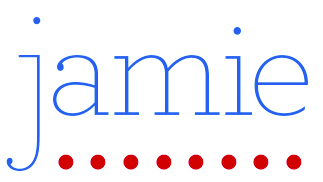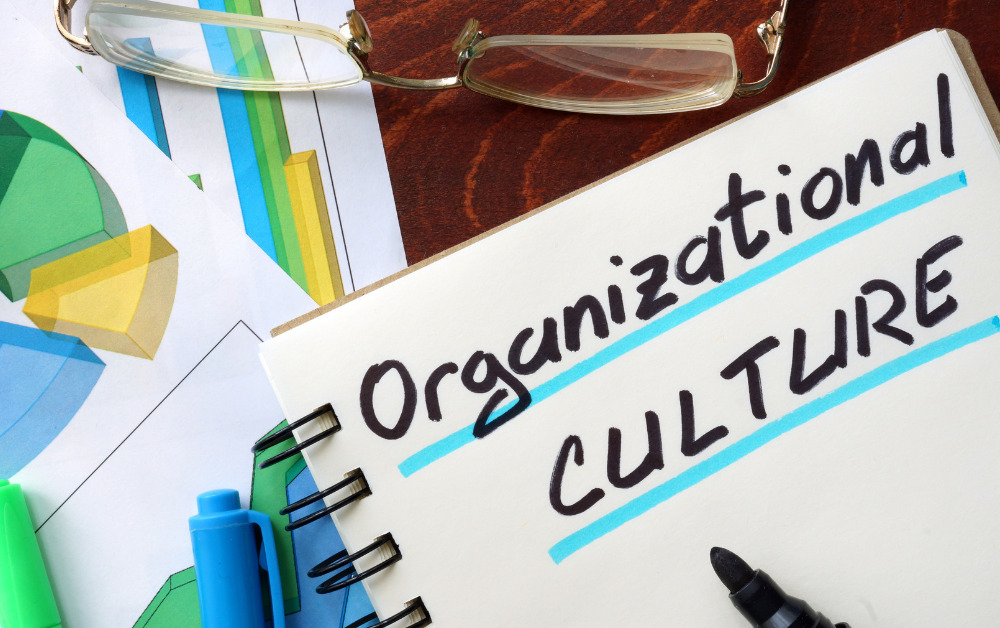What is organizational culture?
Organizational culture refers to the shared values, beliefs, norms, and behaviors that shape the way people within an organization interact with one another and make decisions. It represents the personality of the organization and influences its overall working environment. A strong and positive organizational culture fosters employee engagement, productivity, and overall success, while a toxic culture can hinder growth and lead to high turnover.
Why Change Organizational Culture?
There are several reasons why an organization might consider changing its culture:
- Adapting to Change: As businesses evolve, they may need to adapt their culture to align with new goals, strategies, or market demands.
- Enhancing Performance: Improving the organizational culture can lead to increased employee engagement, collaboration, and productivity. When people work in alignment, they can do so much more together.
- Attracting and Retaining Talent: A positive organizational culture can help attract and retain top talent, leading to a more competitive workforce. Prospective employees are looking not only for a job and a pay cheque, but for an organization with a purpose and culture that they can be proud of and to which they would love to contribute more of their discretionary energy.
- Addressing Issues: If an organization is experiencing problems like low morale, communication issues, or resistance to change, a cultural shift can help address these challenges. Team members can move forward together in the right direction for both the organization and for their own fulfillment through values alignment.
How to Change to a Positive Organizational Culture?
Changing organizational culture is a complex and iterative process that requires dedication and leadership commitment. Some strategies for effecting positive cultural change include:
- Clarify Core Values: Define the core values and guiding principles that will underpin the desired culture. At Spark Success, we use the Barrett Values Centre suite of cultural transformation tools. For organizational work, we use the Cultural Values Assessment and the Small Group Assessment, depending on the scope of the cultural work. Each year, we also recommend the Cultural Evolution assessment to see the changes that have occurred based on cultural initiatives.
- Lead by Example: Senior leadership should demonstrate and embody the desired cultural traits to inspire employees. Leaders model the way. People watch what leaders are doing, how they are behaving, and notice if the leaders are acting in alignment with what they are asking for from the team.
- Empower Employees: Involve employees in shaping the new culture through feedback, suggestions, and participation. The Barrett surveys gather data anonymously from participants. The resulting data provides information on what participants collectively see as the currently practiced cultural values and what they would like to see practiced in the future. Their input is then analyzed and forms the basis for exploration of next steps.
- Training and Development: Offer training programs that align with the desired cultural traits and encourage skill development. One of the outcomes of an assessment may be training on a specific topic in order for people to move collectively and be on the same page in bringing in a new value. For instance, if collaboration is a new value that people desire, a course on how to collaborate may be helpful or a mental fitness program may help to support people to remain calm, empathetic, and curious while they are collaborating and sharing ideas.
- Communication: Transparent and open communication about the cultural transformation is vital to gain buy-in from employees. Leaders must speak to the change, the purpose for the change, what is expected of team members, what resources are available, and walk the talk themselves.
Recognize and Reward: Recognize and reward behaviors that align with the desired culture to reinforce positive change.

The Spark Success Approach to Organizational Culture Work
The Spark Success approach to Organizational Culture Work is a comprehensive and proven methodology for cultural transformation. We believe that a strong culture is the foundation of successful organizations, and focus on aligning the culture with the company’spurpose-based vision, values, and goals.
Our approach is built on three key pillars:
- Assessment: They conduct a Barrett cultural or small group assessment. This involves gathering input from people in the defined area. This input is then explored with the leadership team and then the larger team. This dialogue supports further understanding of the system. Spark then makes recommendations, narrowing to 1-2 values to shift for the year, and providing options for action. There is stakeholder engagement along the way.
- Alignment: Spark Success works with the organization’s leadership to define the 1-2 values of focus for the next year and align it with the company’s objectives and strategies or reffing the strategies.
- Activation: They support the implementation of the cultural changes through training, coaching, and ongoing support, ensuring that the new culture becomes embedded in day-to-day operations.
Benefits of the Spark Success Approach
The Spark Success approach to Organizational Culture Work offers several benefits:
- Customization: The approach is tailored to the specific needs and goals of each organization, ensuring that the cultural transformation is relevant and impactful.
- Inclusivity: By involving employees at all levels in the process, the approach fosters a sense of ownership and inclusivity, leading to higher engagement.
- Sustainable Change: The emphasis on activation ensures that the cultural changes become lasting and deeply ingrained in the organization’s DNA.
- Measurable Results: Spark Success uses a data-driven method to measure the impact of cultural changes on the shift to the desired culture.

Spark Success Case Study
… a taste of what focusing on values-based organizational culture can accomplish
From Turbulent to Thriving:
Spark Success was approached by an organization that had an executive team that was experiencing a turbulent transition. The leader approached Spark Success for executive/leadership coaching. Through our coaching, the leader navigated the transition and established a solid team built on trust and set the organization up on a solid footing. The leader then brought me in to coach her with the executive as a team.
Next, we worked towards creating a values-based organizational culture with team members of the entire organization. This amplified trust and increased engagement and collaboration. Subsequently, Jamie Davidoff of Spark Success conducted research there to amplify client engagement. From the research analysis, recommendations, and action plan, together we have implemented new initiatives. Engagement has indeed amplified, the organization has become even more collaborative, and their client base has grown. Each new initiative is based on systems thinking, appreciative inquiry and values-alignment to create a relevant, thriving, growth-oriented environment with sustained momentum.
They now have a thriving, solutions-oriented community that is highly aligned with their organizational values. Some of the positive changes shared by the founder include increased innovation with multiple new initiatives generated through increased time and energy and improved collaboration and teamwork, productivity due to collaboration and teamwork, an increase in client volume and satisfaction, and an organizational culture score of 81 in an industry where the average is 51 to name a few.
The Process of Organizational Culture Work
The process of Organizational Culture Work with Spark Success typically involves the following steps:
- Initial Consultation: Spark Success holds an initial meeting with the organization’s leadership to understand their challenges and objectives.
- Assessment Phase: They conduct the assessment to assess the current culture and gather insights from employees. Sometimes subsequent simple surveys, focus groups, or interviews are conducted to gain deeper insight and to understand what is working well already. We take a systems approach, understanding the context and potential impact of making changes.
- Analysis and Recommendations: Based on the assessment, Spark Success provides a detailed analysis and recommendations for cultural improvement. Culture Alignment: Together with the organization’s leaders with further team member input, they define the desired culture and create a roadmap for alignment.
Culture Activation: Spark Success supports the implementation of the cultural changes through workshops, training, coaching, and ongoing support. - Measurement and Evaluation: Each, they provide the option of a Cultural Evolution Assessment to measure the shift and effectiveness of the cultural changes and make adjustments as needed for the following year.
This process is purposeful. Meeting with leadership provides purpose and context for the culture work based on the lived experience of the executive team. This also supports the executive and Spark Success to set a solid foundation of trust for our relationship. The assessment phase brings in the views of stakeholders that have been determined, between the executive team and me, to be most impacted from the culture being focused on which could be a team, a function, all of the organizational team members, and/or external stakeholder groups. From the combined information, we have a much better view and understanding of what is actually happening in the current system. We then base analysis and recommendations based on current data as well as boundaries based on jointly determined focus of the initiative. The activation, like any change, requires a focused approach. Spark is able to work in partnership with the executive team and additional champions (and the whole organization where appropriate) to roll out the purpose, changes, and actions and support momentum and sustainability of the changes. Every year, the cultural assessment can be done to see the shifts resulting from the actions-based initiatives and to see what might benefit from focus for the upcoming year.
Contact Spark Success
If your organization is seeking to transform its culture for improved performance and success, I encourage you to schedule a complimentary exploration call with me so we can connect and see how the Spark Success approach to creating an organizational culture might be a fit for you and your company.
Yours in positivity


